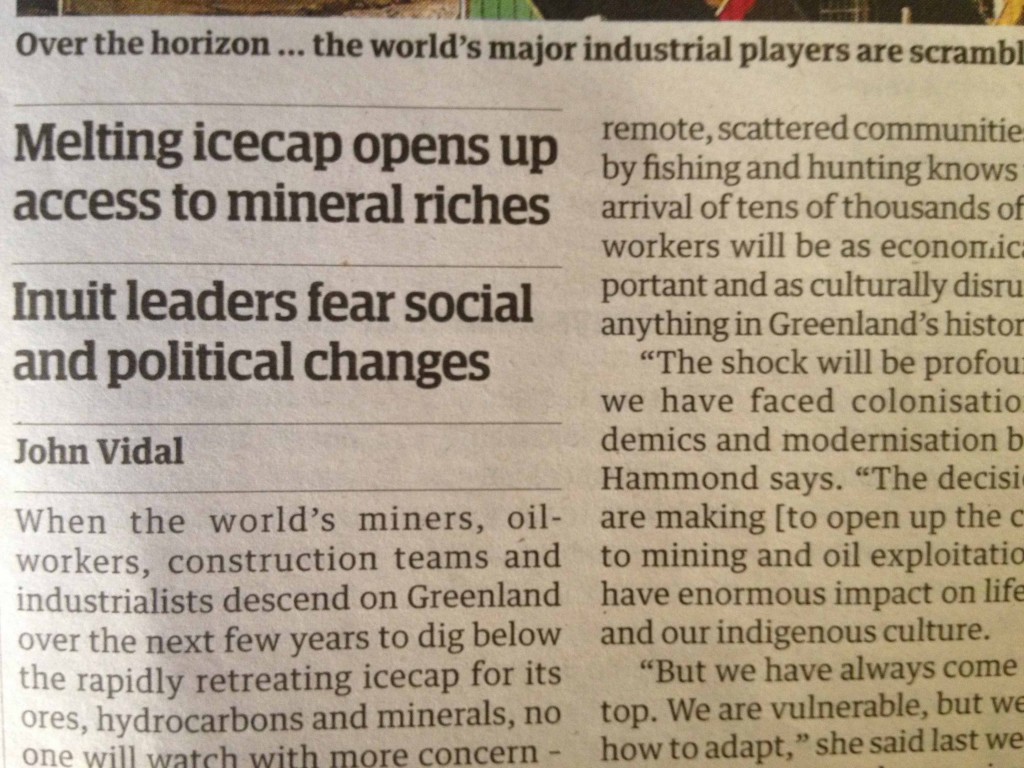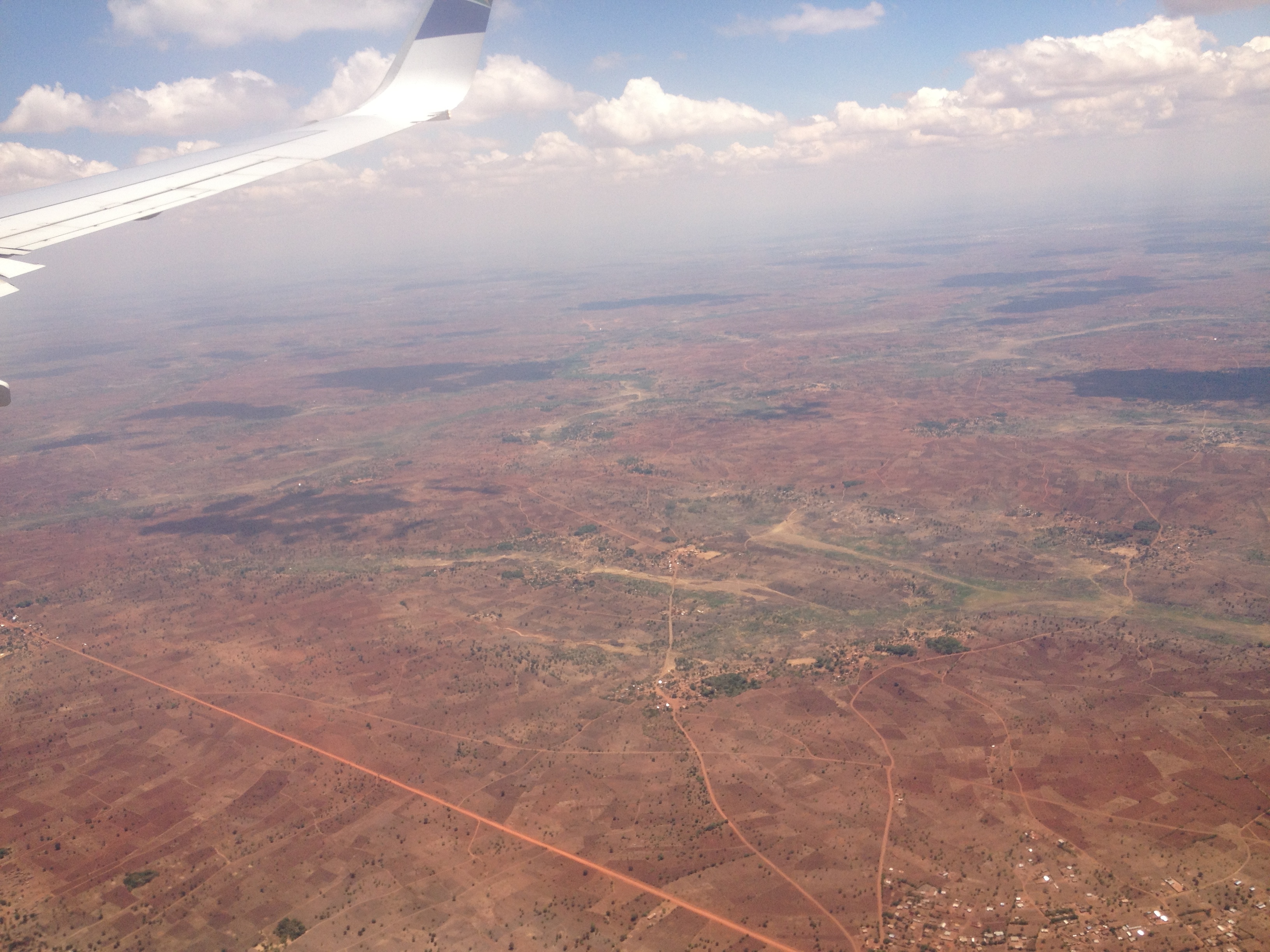‘Mainstreaming’ – a term that I had not come across before arriving at CU in Malawi. Over the last ten years there has been a variety of projects and programs promoted by the donor agencies to address the ‘flavour of the month’ issue. These include human rights, environmental sustainability, gender equality and HIV awareness. Initially funded as separate ‘one off’ target programs these ‘new paradigm’ issues are now integrated (or mainstreamed) into other projects and programs.
My colleague Thokozani, who is responsible for mainstreaming ‘euality’ had arranged to run a 3 1/2 day session as part of the Capacity Building for Sugar Outgrowers project. This EU/Solidaridad funded project is designed to increase the capacity of small scale sugar producers and the sugar industry in general. I was flattered when she asked me to assist design the running sheet. Whilst she was confident about delivering a whole variety of different ways to achieve her goals, I have to admit to being a little skeptical about her actually delivering them when the time came. Oh one of little faith!
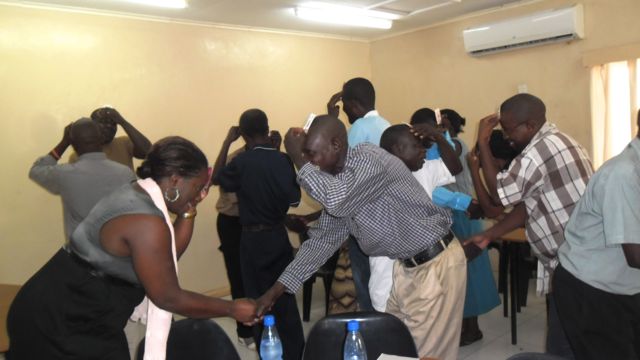
Participants exploring how they interact with others of different social rank using Sivasailam Thiagarajans playing card role play activity.
When reporting back on the workshop she was excited about how it had all gone, and how engaged the participants were. Some of the techniques she used were:
- A ‘lit review’ for the group to define ‘equality’ (their answer ‘Equal participation and access by all’)
- A ‘poster process’ to explore Human Rights.
- The DEPI designed ‘bi-focal’ in which first the men, then the women spoke about what it was like to be that gender in the sugar industry.
- The Sivasailam Thiagarajan role play activity where participants have to ‘wear’ a playing card (KQJ 10-6 randomly dealt) and treat each other according to their rank.
- Conversation cards to help discussion on furthering equality in the industry.
- Finally, a comprehensive action plan to overcome blockages to equality in the sugar industry
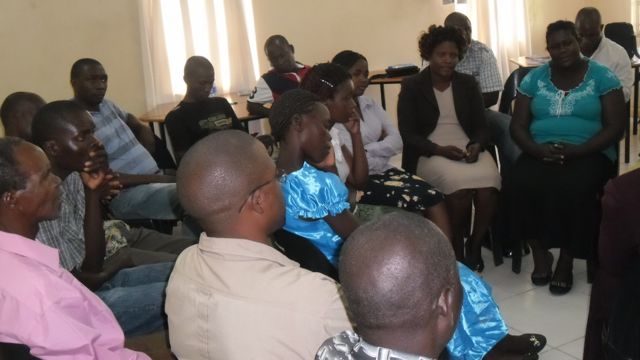
The women discussing what it’s like to be female in the sugar industry, while the men listen, using the DEPI bi-focal process
I regret not being able to be at the workshop, but am looking forward to working further with her.

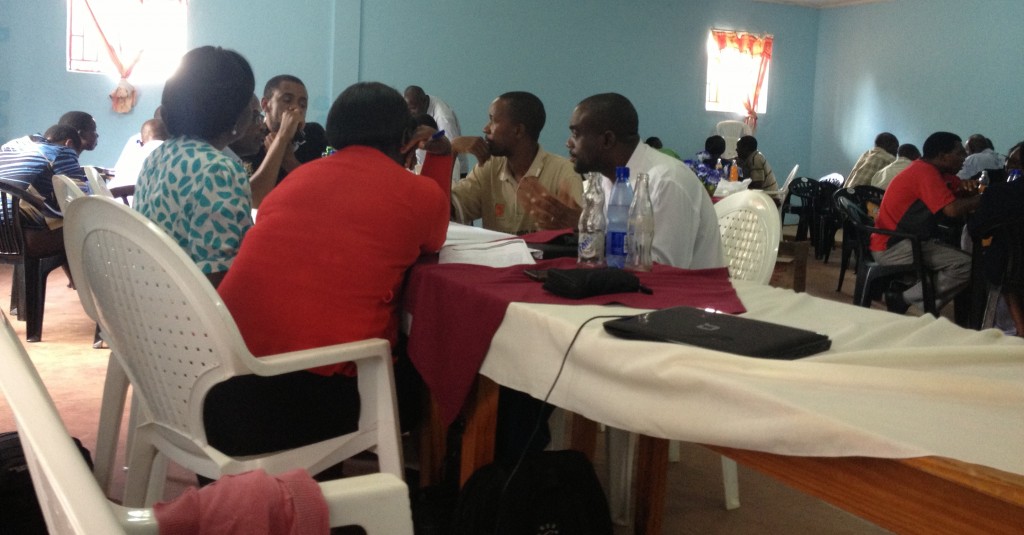
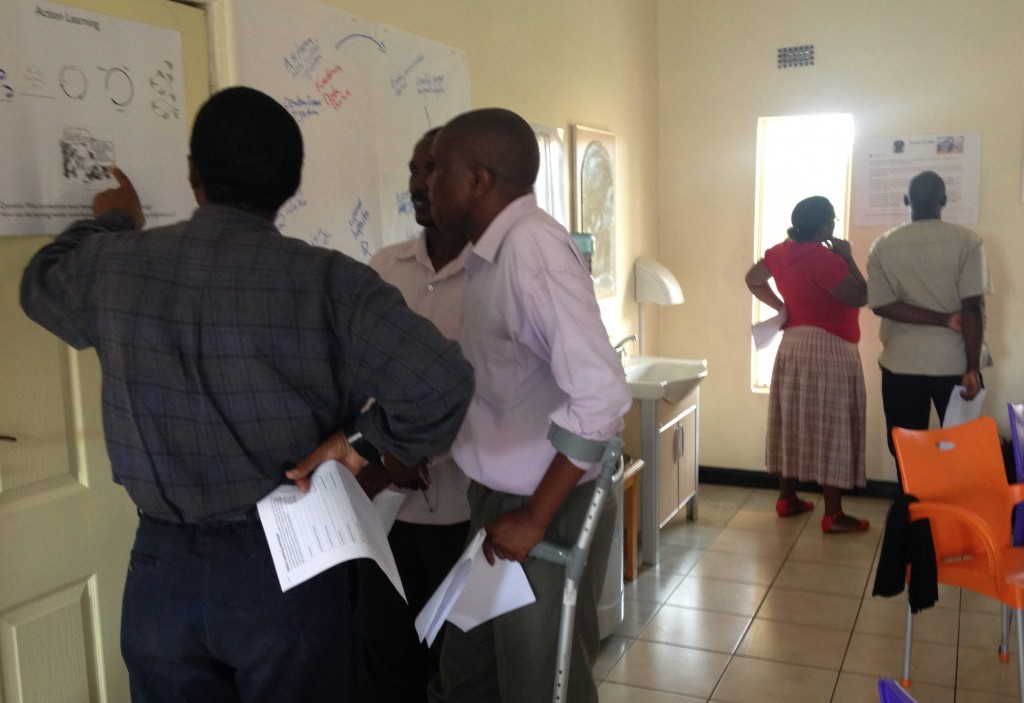
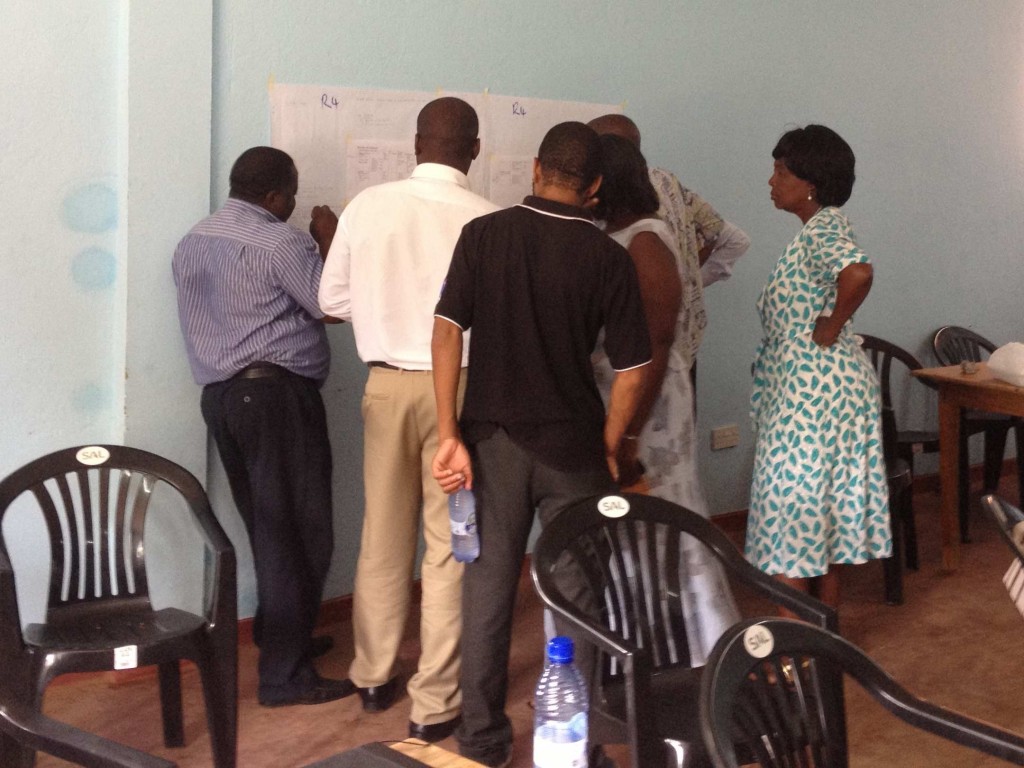
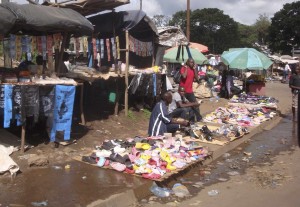
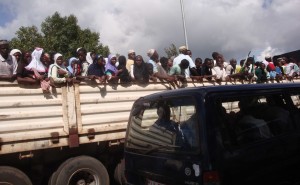
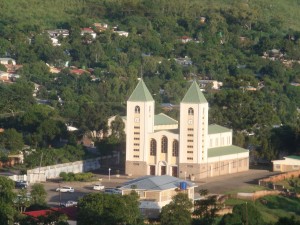
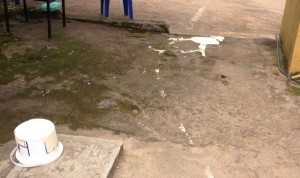 My colleague says that there is no culture of learning within Malawian society. Perhaps he’s right, or perhaps it is a charge that can be levelled at every culture and it is more about what is important to who. Either way, it all certainly adds to the colour of life (and office!).
My colleague says that there is no culture of learning within Malawian society. Perhaps he’s right, or perhaps it is a charge that can be levelled at every culture and it is more about what is important to who. Either way, it all certainly adds to the colour of life (and office!).